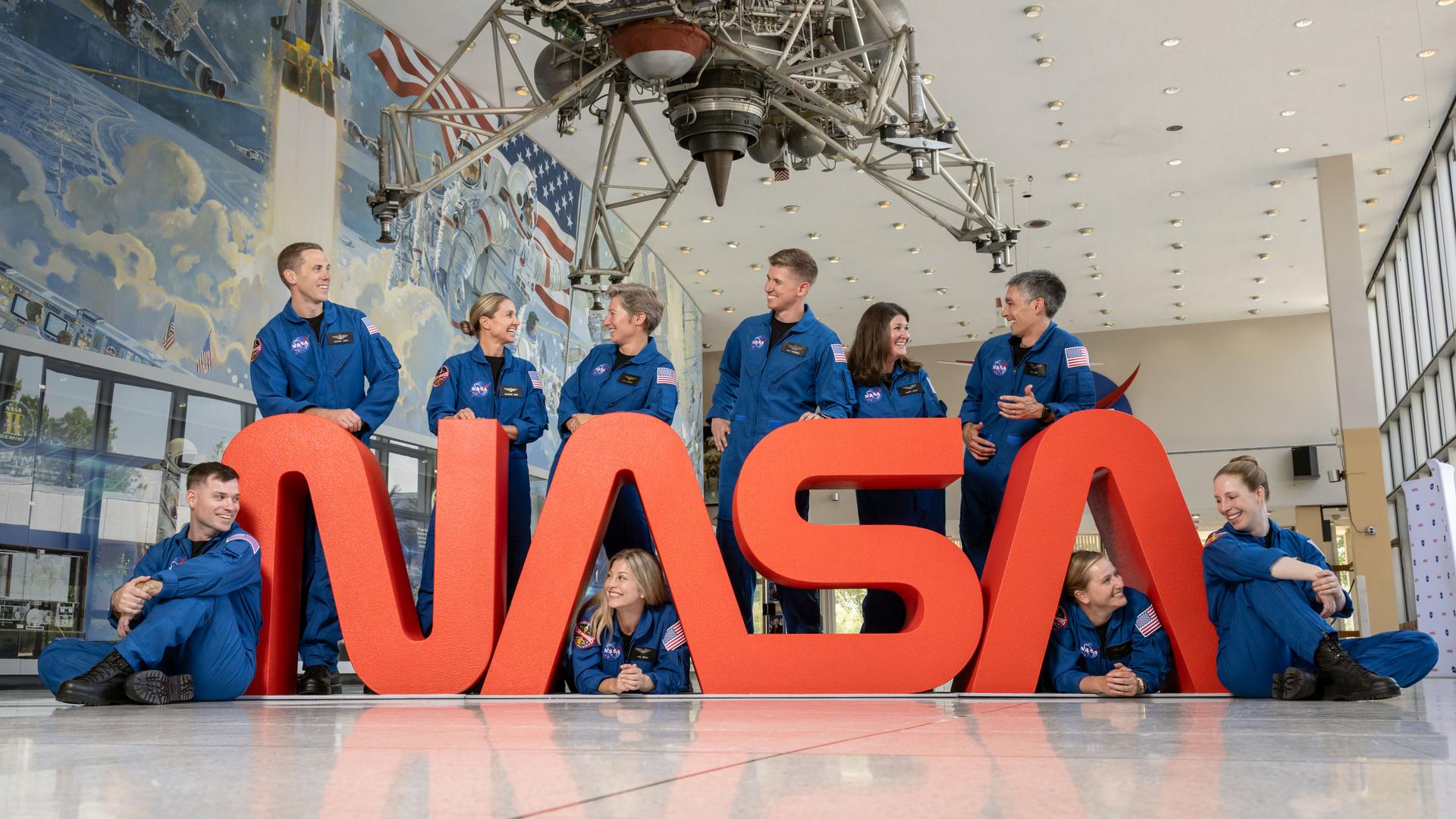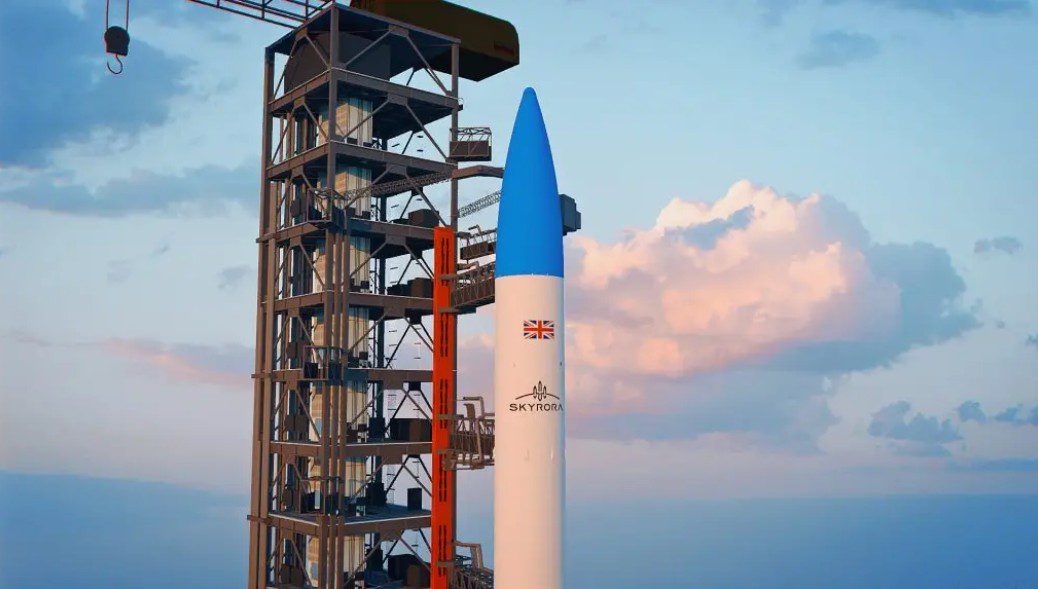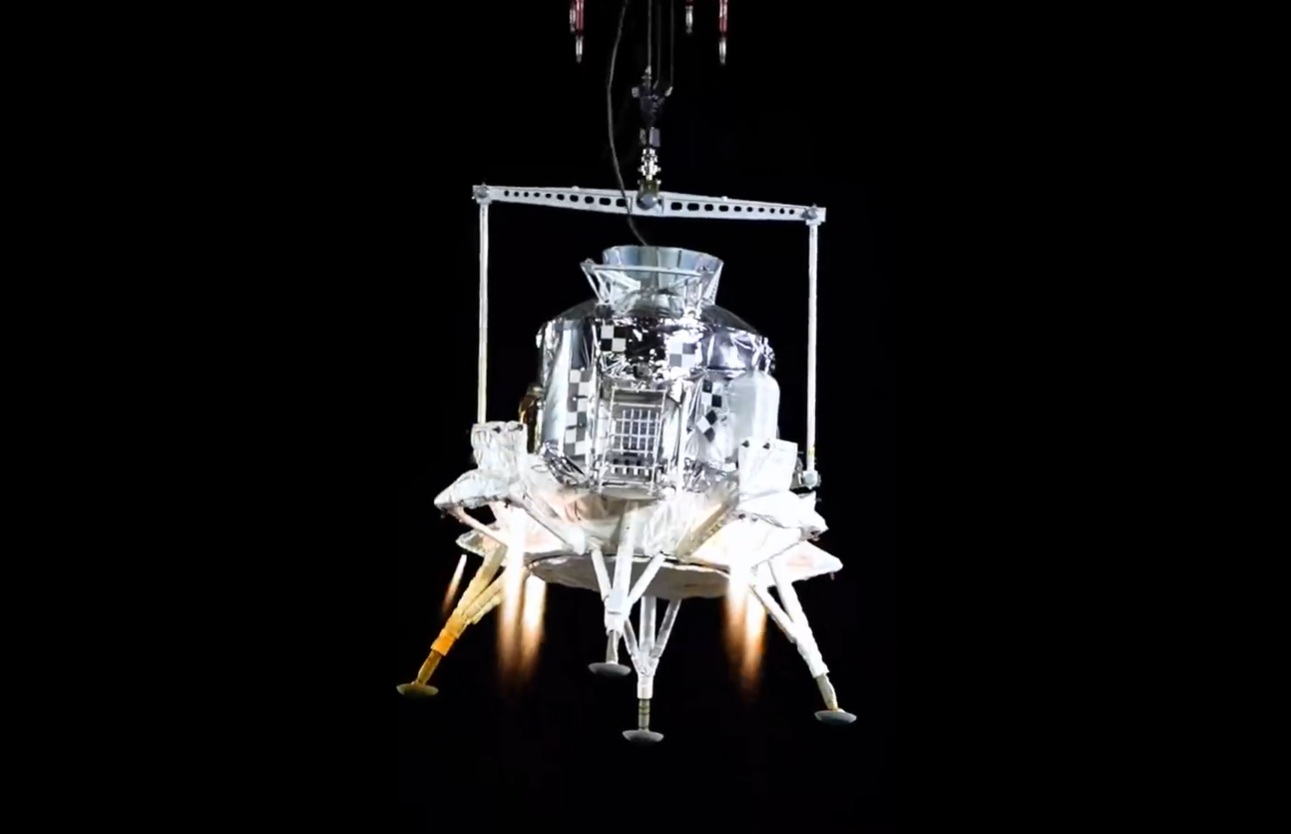During September 2015, after a review over their enforceability by the US Patent and Trademark office, the Blue Origin company decided to withdraw 13 of the 15 patent claims it had made against SpaceX over the latter’s subsequent use of a vertically landing reusable launch vehicle (the Falcon 9v1.1R) landing on drone ships down range.
Despite this setback, the Jeff Bezos-led Blue Origin company still intends to go head-to-head with Elon Musk’s SpaceX in the market as it finally divulged details of its planned orbital launch vehicle design, which, like the Falcon 9R, will be at least partially reusable.
The, as yet unnamed two-stage rocket’s first stage will be powered by multiple 2,400 kN (550,000 lbf) thrust staged-combustion cycle BE-4 engines which burn Liquid oxygen (LOx)/liquefied natural gas (LNG) propellant combination. The BE-4 is the same type of engine that the United Launch Alliance plans to use for its new Vulcan rocket.
The second stage will use the 490 kN (110,000 lbf) thrust Blue Origin LOx/Liquid Hydrogen-burning BE-3 design. The design uses a tap-off cycle which taps of hot gases from the engine combustion chamber to power the engine’s turbopumps.
While Blue Origin lost out to SpaceX in its bid for the ex-Shuttle Pad 39A at the Kennedy Space Centre, Florida, USA, Blue Origin subsequently acquired the rights to operate from the nearby Cape Canaveral Launch Complex 36 (LC-36) which was formerly used by the Atlas launch vehicle.
The firm plans to make a US$200 million investment in the pad and infrastructure, adding a nearby assembly building and integration facility. Blue Origin’s Van Horn launch site in West Texas will continue to be used, but only for suborbital flights of its New Sheppard launch vehicle.
Comment by David Todd: While we have some sympathy for Blue Origin, it should not be right that firms be allowed to patent the laws of Physics, nor the laws of the “bleedin’ obvious”. In the same way that one space firm was unfortunately allowed to patent a lunar swing-by technique for recovering stranded satellites (against the common good), no doubt someday a greedy medical firm will decide to try and patent the method of human respiration, with a royalty due to them with every breath you take.








